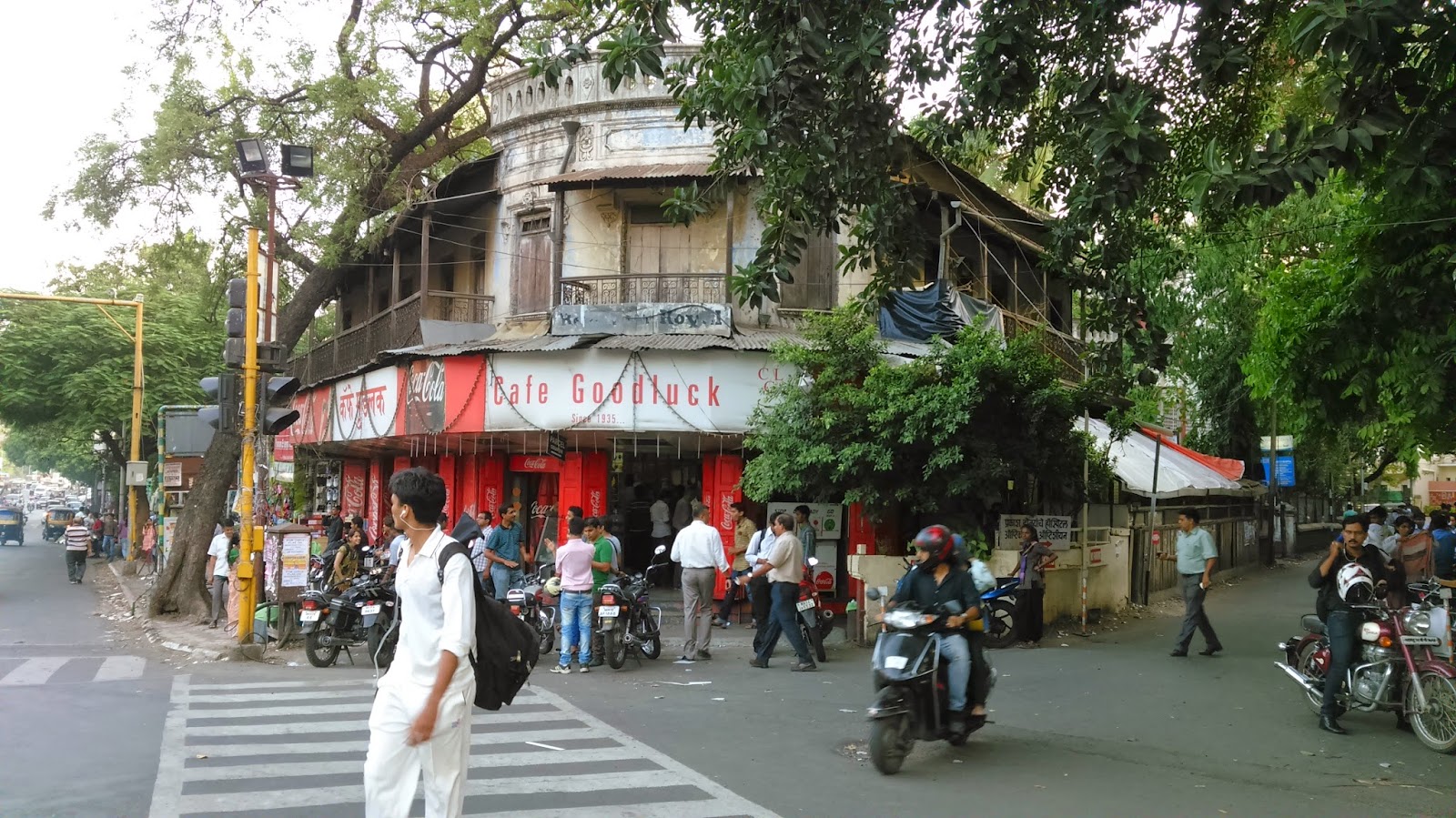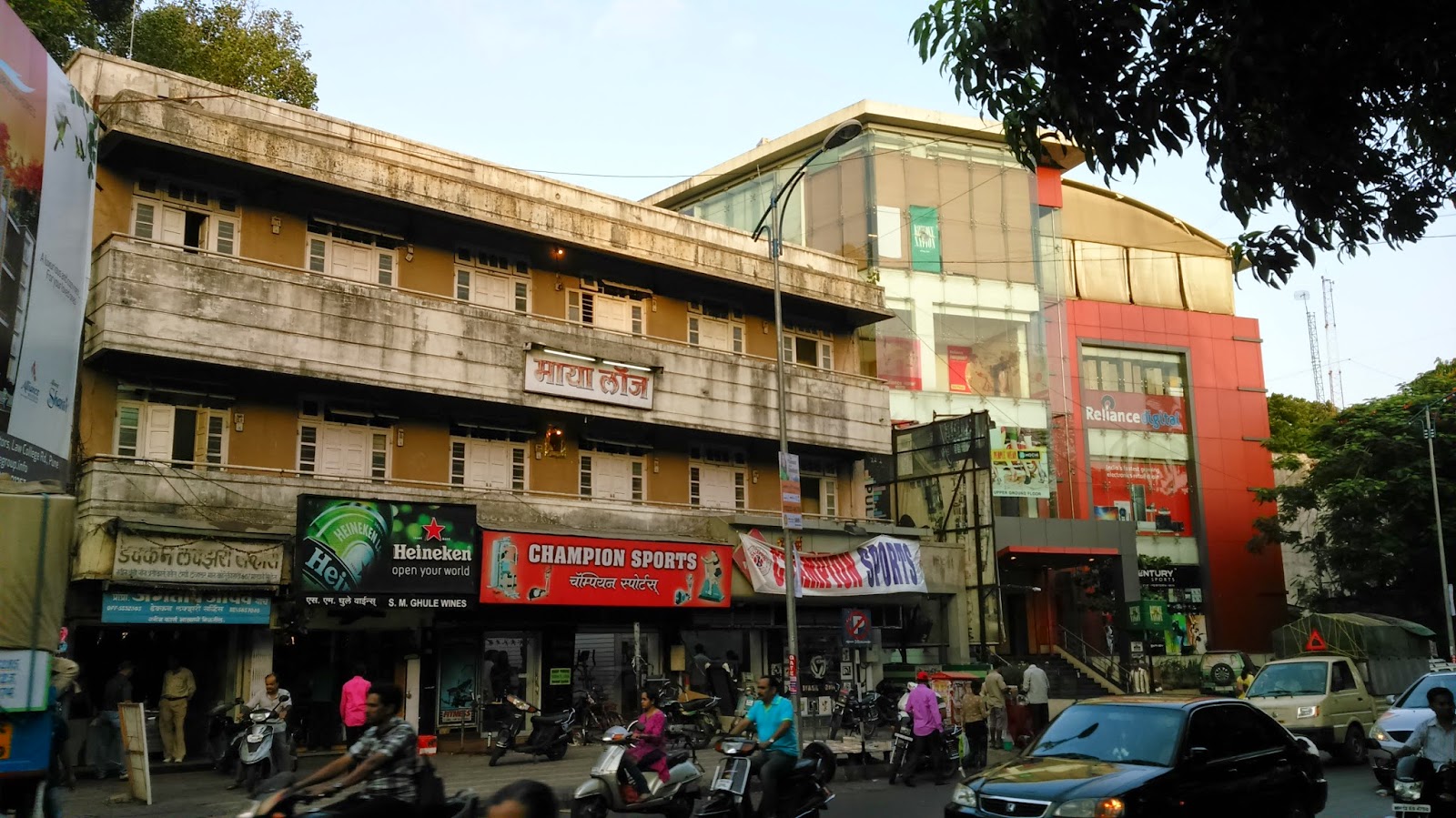The Urban-ism is often spoken in
line of inclusive accent, however in democratic India; the inclusiveness principally
represented the view of liberal elite, assuming the authority on aspiration of
proletariat mass. The most triumphant political
transformation in recent time, the dramatic & historic change at center
sees the surfacing of yet another class, that so far lay principally disregarded
within the fold of middle class, transcending the electoral paradigm , perhaps
largely described by non-English speaking mass aspired impatiently to move from
the clutches of margins. The argument may not receive accolade from many quarters,
but it has built class barriers in India. The divide is deeper and culturally
widening. The definition of liberals and narrow-minded has drawn archetypical characteristics
& world viewed on our planning mission and urban development.
The group that dwells outside the
definition is self proclaimed intellects, loading themselves with blocks of
gender, class, region, community and religion with superficial focus &
subject of examination as a playing field. Such views on equity on planning
process pushes the other margin issues to further marginalization. Attempting
to address urban problem with such framework, the worldview of liberals have
rendered the cultural mainstream as illegitimate process, while every instinct
of such class is branded as communal and chauvinistic.
The liberal seeks for injustice
and discriminations, while from cultural perspectives these issues are margins
and alien. The liberal devours the cultural transect into moral surrender. The
urban India is far from equity and inclusive, drawing political industry and
policy makers, creating patronage and antagonist. The imported ideals of
inclusive are becoming vehicle of local cynicism & platitudes. The planning
commission to large cultural mainstreams is a symbol of power and self. The metaphorically
the institutions and academics are trapped within the same framework, evoking
rage among the passive majority.
The planning commission has largely perceived as elite affair and
window to global world, transcending nation into notion. The democracy dancing on its
inclusive tunes, ideals that perhaps may not have cultural resonance with vast Indian
reality.











